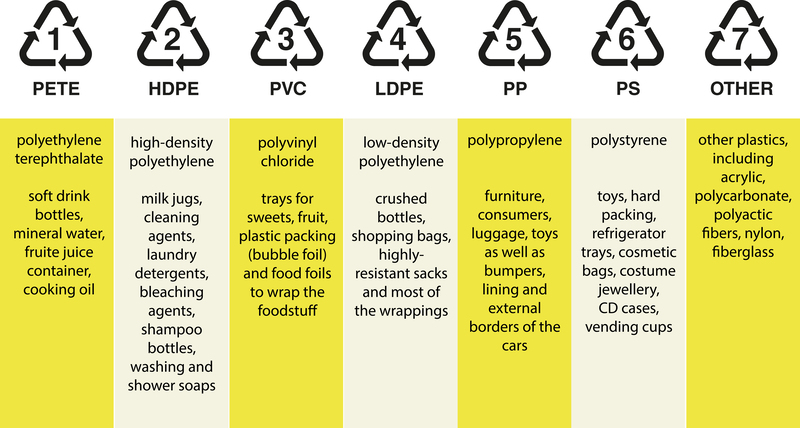In a world dominated by technology, electronic devices have become an indispensable part of our daily lives. With rapid advancements and increasing consumption, we face a growing challenge: the disposal of electronic waste or e-waste. However, amidst this challenge lies an opportunity, an eco miracle if you will, through effective electronic waste recycling. This process not only conserves natural resources but also mitigates environmental damage, offering a sustainable pathway to managing our technological footprint.
Understanding Electronic Waste
E-waste encompasses discarded electrical or electronic devices, including computers, smartphones, televisions, and home appliances. As these gadgets become obsolete or break down, they contribute significantly to the global waste problem.

Environmental Impact of E-Waste
When improperly discarded, e-waste poses severe environmental risks. Toxic substances such as lead, mercury, and cadmium can leach into the soil and waterways, contaminating ecosystems and harming wildlife. Moreover, the accumulation of e-waste in landfills leads to unnecessary land use and pollution.
The Process of Electronic Waste Recycling
Recycling e-waste involves several intricate steps designed to extract valuable materials and minimize waste. Let's delve into the pivotal stages of this environmentally beneficial process:
Collection and Transportation
- Organized collection systems are crucial to effectively gather e-waste from consumers and businesses.
- Transportation to certified recycling facilities ensures that waste is handled responsibly and safely.
Sorting and Dismantling
In this stage, e-waste is categorized based on the type of device and the materials it contains. Manual dismantling is often employed to separate components, allowing for the recovery of significant amounts of recyclable materials.
Material Recovery
Advanced techniques are used to extract precious metals like gold, silver, and copper. These processes not only recover valuable resources but also significantly reduce the need for virgin material extraction, conserving natural resources.
Treatment of Hazardous Materials
The environmentally safe disposal of hazardous components is essential to prevent pollution. This involves treating toxic substances to neutralize their harmful effects, ensuring they do not pose a threat to the environment and public health.
The Green Benefits of E-Waste Recycling
The benefits of effective electronic waste recycling extend beyond simple waste reduction. The environmental, economic, and social advantages of this process collectively contribute to sustainable development.
Environmental Conservation
- Reducing landfill waste minimizes soil and water pollution, protecting ecosystems and biodiversity.
- Recycling conserves energy and reduces greenhouse gas emissions by decreasing the demand for new product manufacturing.
Economic Opportunities
E-waste recycling spurs economic growth by creating jobs in collection, transportation, and processing. The recovery of precious metals and reusable components also contributes to a circular economy, where materials are continually reused rather than discarded.
Social Awareness and Responsibility
As consumers become more aware of environmental issues, recycling initiatives encourage sustainable consumer behavior. Participating in recycling programs cultivates a sense of environmental responsibility and community engagement.
Challenges and Innovations in E-Waste Recycling
While there are myriad benefits to e-waste recycling, several challenges must be addressed to enhance its effectiveness and reach.
Overcoming Barriers
- Lack of awareness among consumers often leads to improper disposal practices, necessitating more extensive educational campaigns.
- The complexity of recycling diverse materials found in electronic products requires ongoing innovation and investment in technology.
Technological Advancements
Cutting-edge technologies like robotics and artificial intelligence are revolutionizing the sorting and dismantling processes, improving precision and efficiency. These advancements enable recyclers to handle increasingly complex electronic devices.

Global Initiatives and Collaborative Efforts
Addressing the global e-waste challenge requires coordinated efforts from governments, businesses, and society as a whole.
Policy and Legislation
Many governments are implementing stricter regulations on e-waste management to ensure proper handling and accountability. Policies advocating for producer responsibility and mandatory recycling programs are gaining traction worldwide.
Corporate Responsibility
- Companies are recognizing their role in e-waste management through initiatives like take-back programs and eco-design.
- Collaboration with recycling agencies ensures efficient processing and material recovery, promoting a circular economy.
Community Involvement
Grassroots movements and non-profit organizations play a critical role in raising awareness and facilitating local recycling efforts. These groups often work to educate communities about the importance of recycling and provide convenient collection points for electronic waste.
The Future of E-Waste Recycling: A Call to Action
As we uncover the green side of electronic waste recycling, it becomes clear that this eco miracle holds the potential to radically transform our approach to waste management. By embracing these practices, we not only protect our planet but also pave the way for a sustainable future.
Join the movement towards a cleaner, greener world by participating in recycling programs, advocating for responsible electronic consumption, and supporting policies that promote a circular economy. Every small effort contributes to the larger picture, enabling the true power of e-waste recycling to emerge.
Together, we can ensure that technology continues to enrich our lives without compromising the health of our planet. Let us unveil the miracles of e-waste recycling and harness its potential for a more sustainable tomorrow.